Photographs: Vivek Prakash/Reuters Rajesh Bhayani & Joydeep Ghosh in Mumbai
NSEL is the latest example of how Jignesh Shah’s grand plans are coming unstuck.
Jignesh Shah was always a go-getter, even when he was just eight. As a student of Class II, he had made up his mind: He wanted to study engineering, go abroad and set up his own business.
It would be an understatement to say the boy from Kandivili, a suburb in Mumbai, achieved all this and much more.
Over some 12 years, Shah, who started with a capital of Rs 5 lakh after mortgaging his home, has built an empire of nine exchanges and related ventures in warehousing, information management and electronic payments.
And, at the height of the boom in the economy in 2007-08, Financial Technologies India Ltd (FTIL), the holding company for the group, was valued at over Rs 13,000 crore (Rs 130 billion).
…
Mumbai billionaire's grand plans come unstuck
Image: Jignesh Shah.Photographs: Courtesy, dnb.co.in
No wonder, for many in the markets the stockily built first-generation billionaire, who has fought many a battle, could do no wrong. But that aura of invincibility has suddenly taken quite a few hard knocks.
For one, the valuation of Financial Technologies India today is Rs 697 crore (Rs 6.97 billion), a decline of a whopping 95 per cent in the same period.
Shah’s personal wealth in the stock market has eroded by over Rs 1,000 crore (Rs 10 billion) in less than two days.
The loss of wealth, however, would perhaps be the least of worries for the chairman and CEO of the FT group.
For, Shah and his businesses may be going through the toughest of times since he stepped into the limelight in the early 2000s.
As the recent fiasco over the National Spot Exchange Ltd (NSEL) shows, Shah is fighting many odds.
…
Mumbai billionaire's grand plans come unstuck
Photographs: Reuters
The Rs 5,400-crore (Rs 54 billion) payment crisis at the NSEL, the cash cow of the group that contributed Rs 127 crore or 56 per cent of the Rs 227-crore (Rs 2.27 billion) profits of the FT group in FY 13, came from the Ministry of Consumer Affairs’ objection to its contracts of various maturities, including intra-day trade-offs.
The market is certainly not amused with NSEL’s decision earlier this week to suspend trading of all contracts, other than e-series, till further notice. In just two days, the FT stock has fallen 72 per cent and the MCX stock is down 40 per cent (locked into 20 per cent lower circuit on both Thursday and Friday) after group company NSEL cancelled trading in all its contracts for the next 15 days (except e-series).
This led to a payment crisis of almost Rs 5,400 crore (Rs 54 billion), while the exchange has only Rs 800 crore of cash in its settlement guarantee fund and another Rs 6,200 crore (Rs 62 billion) of commodities. In fact, the FT stock is now trading at a nine-year low.
NSEL, though, defends its decision. “We have taken the necessary steps to ensure compliance of new regulations and its impact would be seen gradually,” said Anjani Sinha, MD & CEO, NSEL. NSEL was a project with long-term goals and not short-term profit, Sinha added.
…
Mumbai billionaire's grand plans come unstuck
Photographs: Reuters
While many of his sympathisers said Shah would perhaps be able to weather the crisis, the point is that NSEL is not his only problem. Since April, the group has lurched from one crisis to another due to one common theme - regulatory fire from all sides.
A number of measures by the government and the Reserve Bank of India (RBI) has seen volumes slump in its various businesses. For example, the imposition of the 0.01 per cent commodity transaction tax on non-agricultural commodities was expected to cover 95 per cent of the commodities.
But it hit MCX, the group’s commodity exchange, the most because it is the largest player in the segment.
The average daily volume of non-agricultural segments fell from Rs 47,000 crore (Rs 470 billion) in June to Rs 28,000 crore (Rs 280 billion) in July, a drop of 40 per cent.
Shreekant Javalgekar, MD & CEO of MCX, said: “The CTT has had a widespread impact, as expected, on the entire industry. The volumes in the commodity exchange industry will continue to have adverse or positive impact of various policy decisions and it is an ongoing process.”
…
Mumbai billionaire's grand plans come unstuck
Photographs: Reuters
Volumes of NCDEX, NMCE, UCX and ICEX fell more sharply in percentage terms, but they are not significant players in the non-agricultural segment.
The combined daily volume of all these four exchanges is less than Rs 1,000 crore (rs 10 billion). FT holds 26 per cent stake in MCX.
Brokerage houses have been quick to downgrade the stock, which is already trading at an all-time low. Morgan Stanley, in a report, said things would be bad for the next two years.
It expected the earnings per share of MCX to decline by 34 per cent in FY 14 and 13 per cent in FY15. The average daily volume is also expected to fall 32 per cent the next year and five per cent the year after.
Shah’s overseas plans also have taken a serious hit. He set up an exchange in Dubai, the Dubai Gold and Commodity Exchange (DGCX), in partnership with Dubai Multi-Commodities Centre (DMCC). However, those plans are in trouble as DMCC has replaced FTIL’s technology with Cinnober, another exchange technology provider.
There are reports that FTIL and MCX, which has a 44 per cent stake in DGCX, is looking to sell the stake. DGCX has actually launched rival Bombay Stock Exchange’s S&P Sensex on its exchange platform and not MCX-SX’s benchmark index, the SX-40.
…
Mumbai billionaire's grand plans come unstuck
Photographs: Reuters
That’s not all. RBI disallowed overseas entities having equity participation with an Indian company from offering products linked to the rupee (non-deliverable trades involving foreign currency, rupee exchange rates, stock indices linked to the Indian market, etc) without its approval.
This halted the rupee-dollar futures in FT-promoted Bahrain Financial Exchange that used to trade 5,000-6,000 lots a day.
In July, no trades were reported. There’s more. The currency volumes business at MCX-SX has seen a 44 per cent drop in July after RBI, in its attempt to protect the rupee’s decline, asked banks not to indulge in proprietary trading in the currency market.
A small consolation for MCX-SX would be that rival National Stock Exchange has seen a sharper fall at 54 per cent.
Shah’s latest baby - the stock exchange - is yet to match the hype it had generated because of volatile market conditions. After five-and-a-half months of operation in the equity segment, total volumes including derivatives has only recently crossed Rs 2,000 crore (Rs 20 billion).
…
Mumbai billionaire's grand plans come unstuck
Photographs: Reuters
According to Joseph Massey, MD&CEO, MCX-SX, the exchange would take three-five years to establish itself in an environment where other exchanges with dominant market share have been present for decades.
“We will complete first six months of operations on August 9 and in these few months we have focused on completing the entire product suite with the launch of equity and equity derivatives segments, listing services, SX40 derivatives trading, dedicated debt segment and we have also received in-principle approval from Sebi for operationalising the SME trading platform,” said Massey.
The NSEL fiasco, say industry experts, happened because of absence of clarity. The Forwards Market Commission had allowed intra-day square-off on trades on NSEL by giving special exemption under FCR Act.
This was required because in spot exchanges by nature, goods sold cannot be purchased to square off the deal. While this permission was given to three exchanges, NSEL, NCDEX and National APMC, there weren’t many trades on the other two exchanges.
On the other hand, the Ministry of Consumer Affairs’s discomfort came from the fact that if sell-deals were happening on the exchange and there was no mechanism to check whether the seller held the commodity to sell, it was short-selling.
…
Mumbai billionaire's grand plans come unstuck
Photographs: Reuters
At a spot exchange, short-selling or going long was self-defeating. Last week, the exchange had shifted all contracts to trade-to-trade meaning that clients would have to compulsorily settle transactions either by cash or delivery of goods by the end of the cycle.
No wonder, NSEL feels that being under one regulator would bring clarity. “I believe greater clarity on regulations for spot exchanges, and the proposal of exchanges coming under the purview of FMC will have a positive impact on the entire spot exchange industry,” said NSEL’s Sinha.
Those who know Shah well enough say he has faced such crisis earlier as well and came up trumps. And they hope history would repeat itself. The only change could be the tone.
The man, whose companies didn’t waste any time in fighting the establishment – be it the government, or the regulator or its competitor - seems to be finally realising the virtues of patience.
“Compliance with government policies is our top priority,” was the common response of all his group companies to questions from Business Standard.

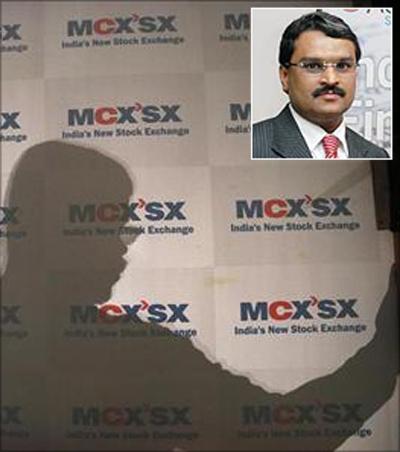
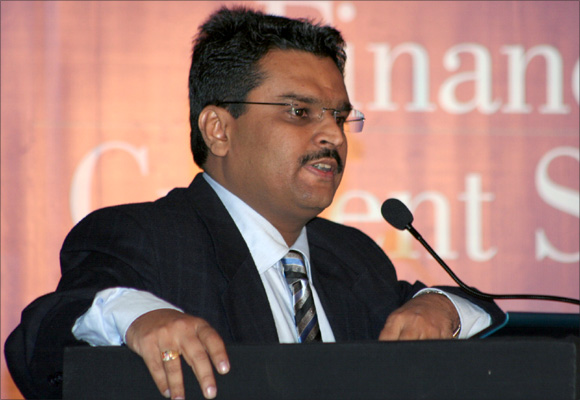
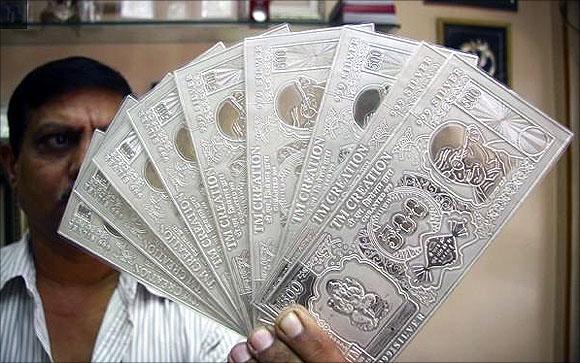
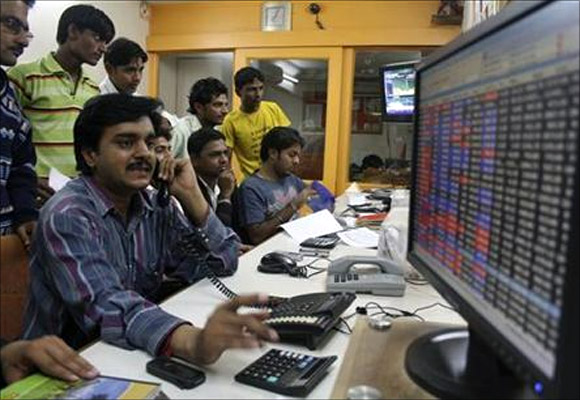
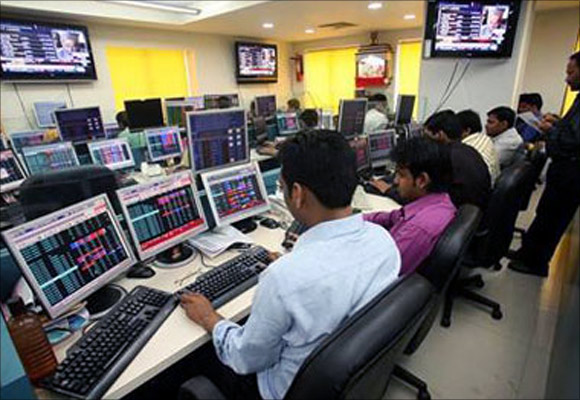


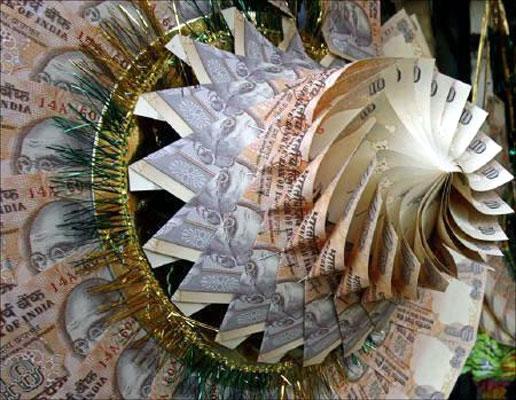

article